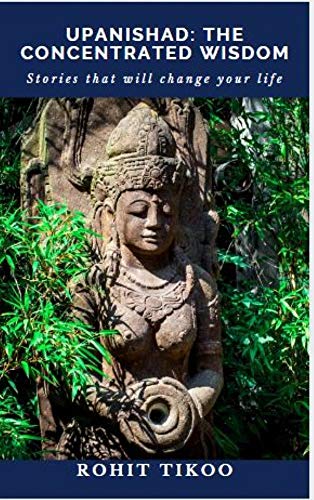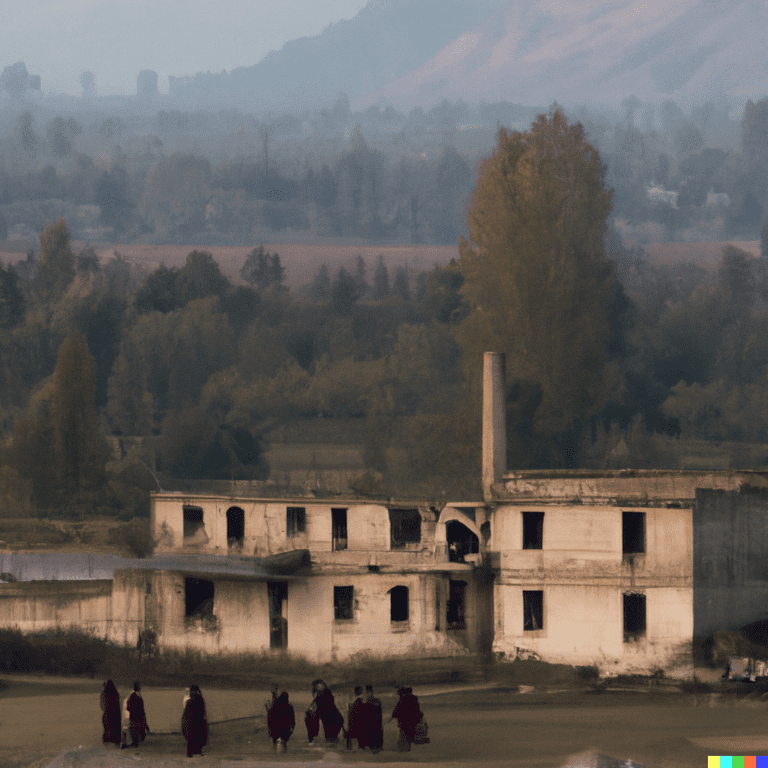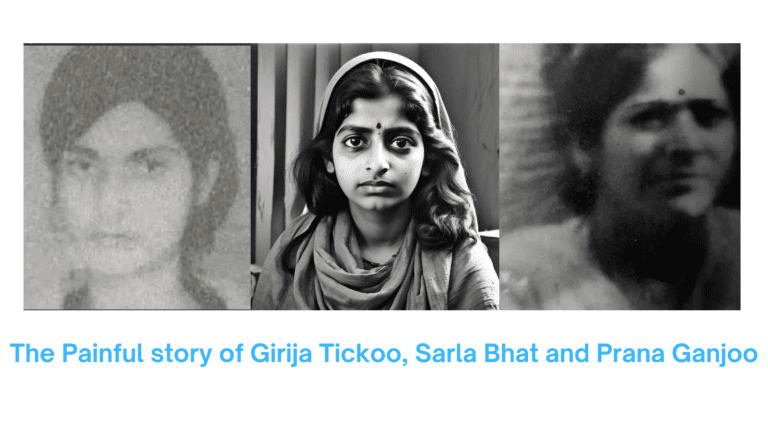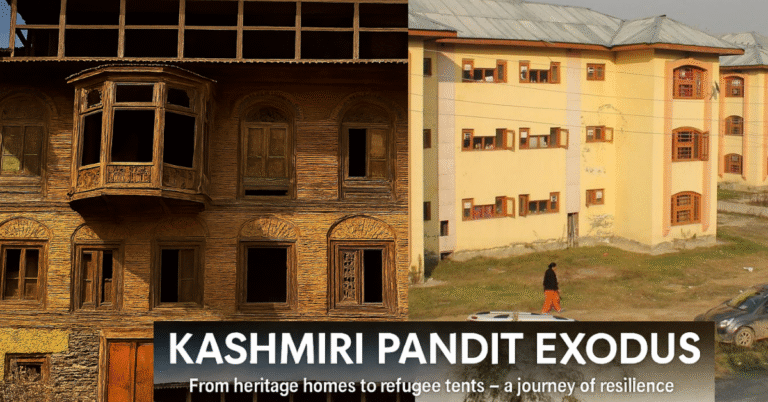Habba Khatoon, also known as Zoon, was a 16th-century Kashmiri poet and ascetic whose life and work continue to resonate with people today. Known as the “Nightingale of Kashmir”, she was an extraordinary figure who defied societal norms and used her poetry to express her emotions, challenge injustice, and celebrate the beauty of her homeland. In Kashmiri, Zoon means Moon and so is her artistic Prowess.
Early Life and Artistic Prowess
Habba Khatoon was born in a small village in Kashmir in 1554. Despite being born into a peasant family, she showed an early aptitude for poetry and music. Her talent was recognized by a local teacher who helped her develop her skills. Habba’s poems often explored themes of love, separation, and female empowerment, and were marked by their boldness and defiance.
Escaping an Oppressive Marriage
At a young age, Habba Khatoon was forced into marriage with a peasant boy. This marriage was intended to curtail her poetic pursuits, as it was not considered appropriate for a woman of her social status to express herself so openly. However, Habba refused to be silenced. She defied societal expectations and became the first woman in her village to divorce her husband.
Newfound Freedom and the Peasant Queen
Following her divorce, Habba Khatoon embraced a new chapter in her life. She dedicated herself to composing poems and songs, and her work resonated with the common folk. Her newfound freedom and talent eventually caught the attention of King Yusuf Shah Chak, who was captivated by her beauty and her poetry. Habba became the Queen of Kashmir, marking a significant shift from her earlier association with beauty as she emerged as an independent woman winning admiration through her talent.
The Love Story of Habba Khatoon and Yusuf Shah Chak
The romantic saga of Habba Khatoon and Yusuf Shah Chak is a central piece of her legacy. Their love story unfolded against the backdrop of societal norms, political intrigue, and the ephemeral nature of royal unions. Their chance encounter in the fields led to a blossoming romance, with Habba’s poetry becoming the soundtrack to their love.
Tragic Separation and Verses of Longing
The couple’s blissful union was tragically cut short when Yusuf Shah Chak was summoned to Delhi by the Mughal emperor Akbar. Akbar, unable to conquer Kashmir militarily, resorted to cunning tactics and imprisoned Yusuf Shah Chak. Separated from her beloved, Habba poured her grief and longing into her poetry, creating verses that are still deeply moving today.
Life as an Ascetic and Enduring Legacy
The loss of Yusuf Shah Chak had a profound impact on Habba. She spent the rest of her days as an ascetic, wandering the valleys of Kashmir and composing poetry. Her verses expressed not only her grief but also a broader critique of societal injustices, particularly those faced by women.
Habba Khatoon’s Poetry: Breaking Boundaries and Exploring Themes
Habba Khatoon’s poetry is unique in its exploration of personal and romantic themes that were usually reserved for men in her time. Her verses are bold and direct, and they offer a valuable glimpse into the lives of women in 16th-century Kashmir.
Conclusion
Habba Khatoon is a remarkable figure whose life and work continue to inspire people today. She was a trailblazer for women’s empowerment, and her poetry is a powerful testament to the human spirit’s ability to overcome adversity and express itself in the face of oppression.
Additional Points
- Habba Khatoon’s tomb is located near Athwajan on the Jammu-Srinagar national highway.
- Her poetry is still widely recited and sung in Kashmir, and it has been translated into several languages.
- Habba Khatoon’s story has been the subject of many books, films, and songs.
- She is considered a national hero in Kashmir and a symbol of resistance against oppression.
Further Reading
- Habba Khatoon: The Nightingale of Kashmir by R.L. Bhat
- The Poetry of Habba Khatoon by P.N. Ganjoo
- Habba Khatoon: A Mystic Poet of Kashmir by M.K. Kaw
Read also about Lal Ded - https://rohittikoo.com/lal-ded-the-mystic-poetess-of-kashmir/







